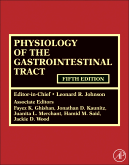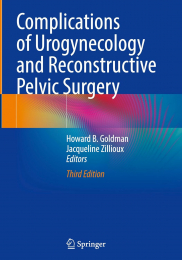Non ci sono recensioni
|
The gastrointestinal system is responsible for the breakdown and absorption of various foods and liquids needed to sustain life. Diseases in the gastrointestinal system fall on the illness spectrum from minor discomfort to serious disease; a physician may see a patient with indigestion or an abdominal wall hernia. Other diseases and disorders treated by clinicians in this area include: food allergies, constipation, chronic liver disease and cirrhosis, gallstones, gastritis, GERD, hemorrhoids, IBS, lactose intolerance, pancreatic, appendicitis, celiac disease, Crohn’s disease, peptic ulcer, stomach ulcer, viral hepatitis, colorectal cancer and liver transplants. Physiology of the Gastrointestinal Tract, 5/e covers the study of the mechanical, physical, and biochemical functions of the GI Tract while linking the clinical disease or disorder, bridging the gap between clinical and laboratory medicine. "It is the most useful reference that I have found in the areas of GI physiology, anatomy, endocrinology, development, and molecular biology." Michael Goy, PhD; Professor, Dept. Cell and Molecular Physiology, University of North Carolina With the following updates Physiology of the Gastrointestinal Tract, 5/e will continue to be the foremost publication in gastrointestinal physiology: updated, four color illustrations for improved visual representation of content and inclusion of the most recent advances in cellular and molecular biology, stem cell development and research. |
| Features: |
|




